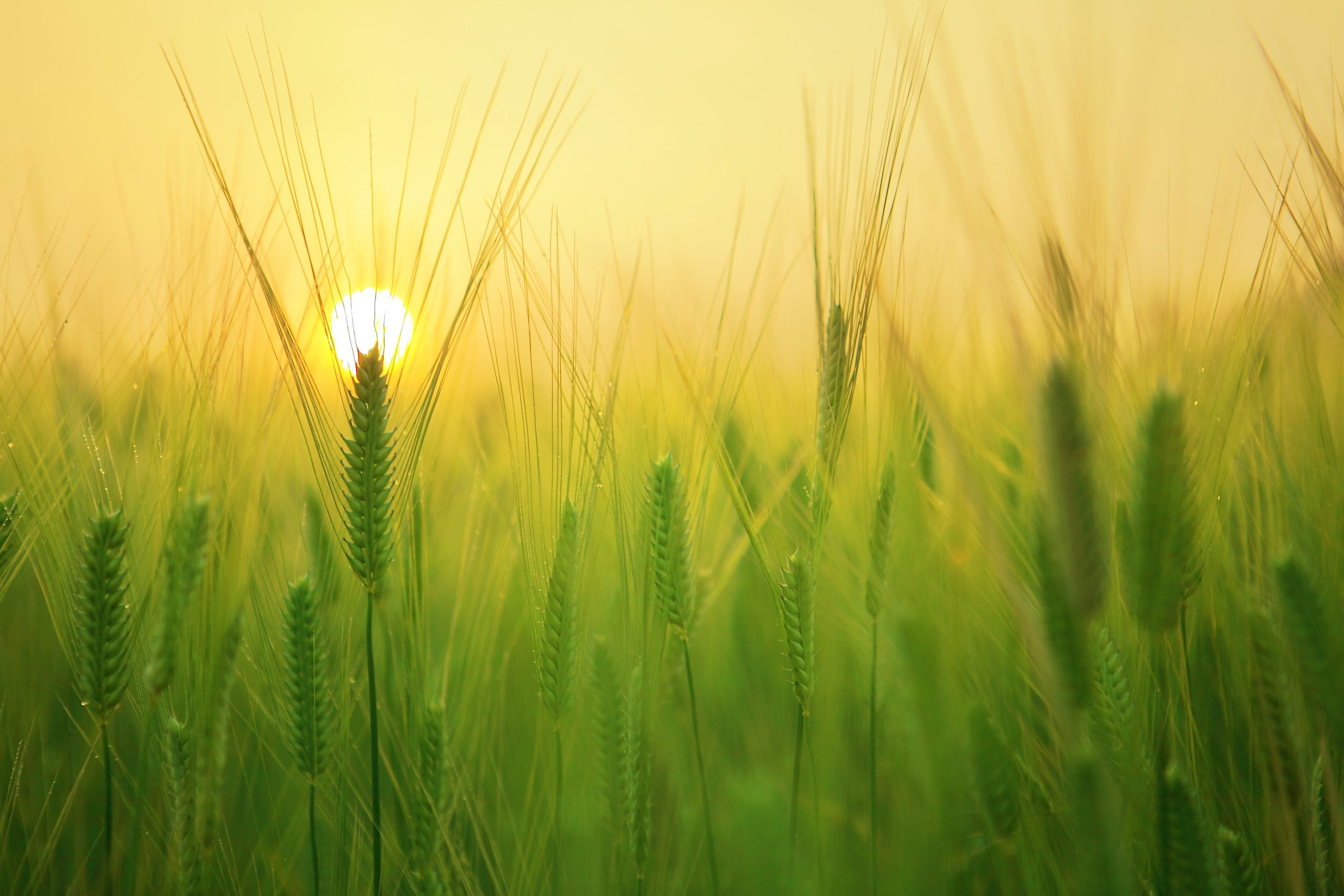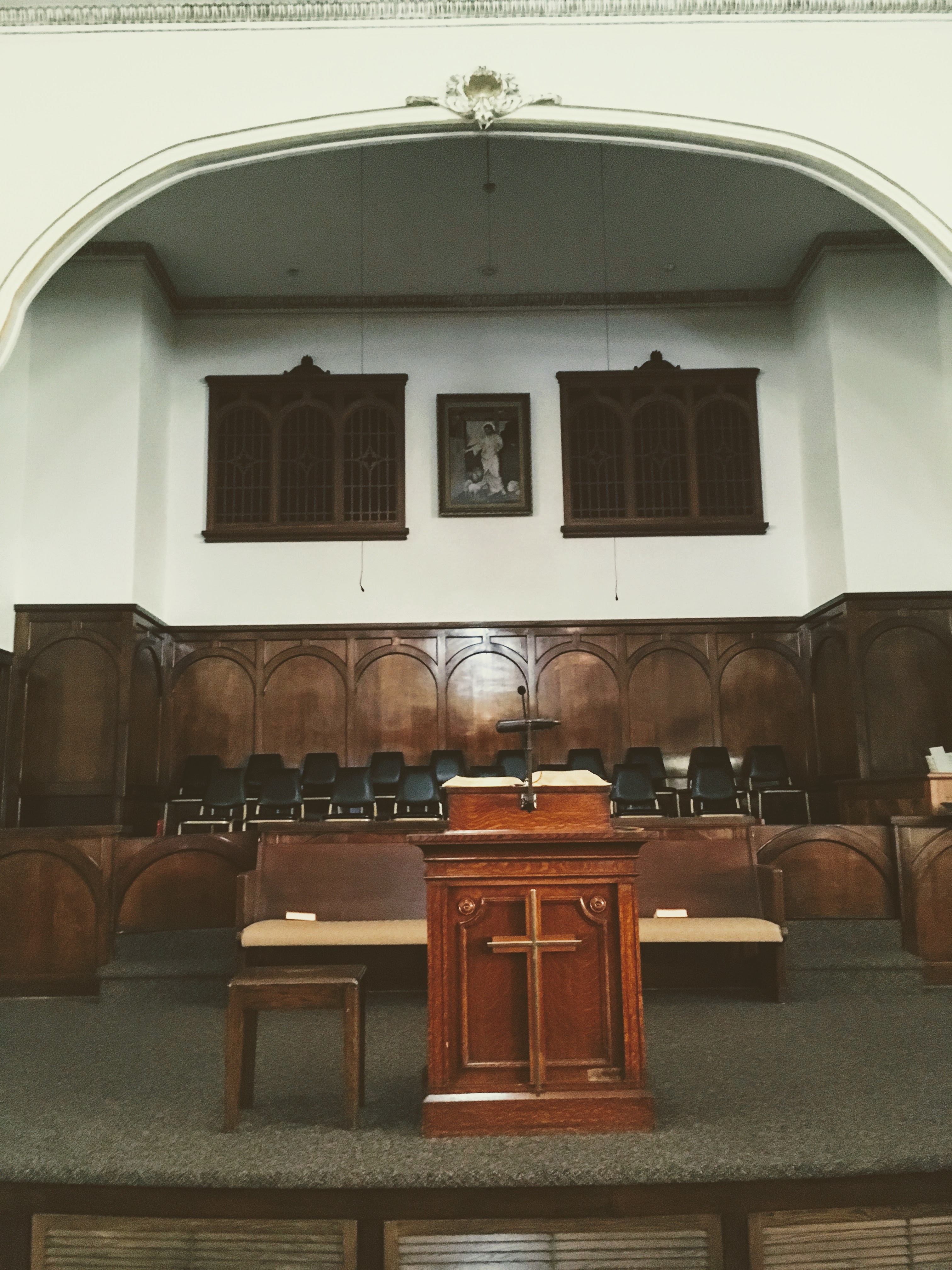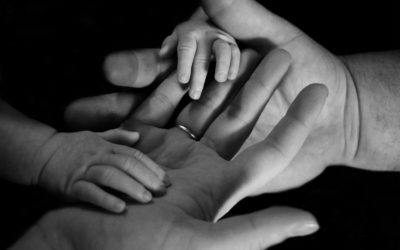Sept 13, 2020
Flowers: Mary Hiebert
Music: Rosemary Nettrouer
Pastor: Catherine Griffith
Technology: Michael Barrett, Michelle Barrett
Message: God on Wheels
Scripture: Ezekiel 1:15-21
Good morning! Welcome!
Thank you to Mary for the flowers and to Rosemary for the music. Thank you to Michael and Michelle for facilitating the technology.
- If you have announcements or prayer requests, please feel free to add them as comments on the Facebook page.
Announcements
- We are live streaming on Facebook and the church website (wichitaquakers.org) until the pandemic numbers in our area go down.
- Feel free to share our worship with your Facebook friends by posting a link.
- We have room for a few people to worship with us in person, and if you would like to do so, please be sure and let the office know.
- Among church activities this week
- The 205 Sunday School class meets today at 3:00 via Zoom.
- The Nominating Committee meets tomorrow at 5:30.
- Ministry and Counsel is Thursday evening at 6:30.
- The first Listening Group will be Friday evening at 6:30.
- Trustees are scheduled for Saturday morning at 9:00.
Music this morning is The Moses Hogan Singers – Ezeckiel Saw De Wheel
Prayer concerns include these:
- Linda Mallonee fell Wednesday and is in Wesley Hospital under observation and testing.
- My son found out Friday that he is COVID positive. His case isn’t severe, but it means the rest of the family got tested yesterday, and they’re all under tight quarantine.
- People affected by the wildfires – one of my cousins had to evacuate this past week, and my sister sends me pictures of how bad the smoke is where they live in Central Oregon. My family is staying in because the air quality report puts them in the hazardous range.
- Our church during this time of transition – May we find clarity and energy for the tasks at hand and the decisions we will need to make as we find our way forward. May we find ways to use our assets wisely and well. May we discover ways we are to be a beacon of love in our world. May we be looking for the doors God is opening, and may we have the courage to walk through them.
Prayer
God of Ezekiel’s vision, we are grateful for your presence. We open ourselves to your love and your light. May it fill us with comfort and healing.
We hold our concerns up to your love and your light.
Message
This song this morning and the scripture passage it is based on describe one of the prophet Ezekiel’s visions, a dream with a message. In order to get the message, to understand the importance of this vision, I need to give some context.
The book of Ezekiel begins by giving its setting in time and space: on the fifth day of the fourth month in “the fifth year of the exile of King Jahoiachin … in the land of the Chaldeans by the river Chebar” (Ez. 1:1-2).
According to the notes in my study Bible, that gets us to a precise date – July 31, 593 BCE – and a fairly precise place – the river Chebar was a great canal that provided irrigation from the Euphrates River to a city in what is now Iraq, but was then Babylon (New Oxford Annotated Bible, p. 1162). That’s where and when Ezekiel saw visions from God, but what was Ezekiel doing in Babylon in July of 593 BCE?
Well, it’s a long story. That story is the broad sweep of the Old Testament, the story told in the Hebrew Bible.
In order to tell you that story, I’m relying heavily on one of my favorite books. It’s not in the same category as a mystery by Louise Penny, but still. 😊 This one is Reading the Old Testament by Barry Bandstra (RTOT).
Ready?
The first eleven chapters of Genesis sketch an outline of the earliest ages of human life and civilization, the Primeval Story…. While these chapters are not historiographic in the modern sense [that is, they aren’t based on the critical evaluation of sources], they do show awareness of the momentous moves to civilization …: the first construction of cities in the ancient Middle East, the domestication of animals for human use, the conflict between agricultural and shepherding societies, the development of bronze and iron tools, and the invention of musical instruments and the fine arts (RTOT, p. 20).
The Bible’s Primeval Story compresses everything from the creation of the world to the family of Abraham into a few short chapters. It does not attempt anything like a comprehensive historical accounting, but has another agenda. It portrays a world of tremendous potential and goodness that nonetheless went sour because humans broke faith with God (RTOT, p. 21).
Beginning in Genesis chapter 12, we find the stories of Israel’s ancestors. Those began sometime around maybe 2000 BCE.
The God who was later identified as the God of Israel encountered Abraham and made a covenant with him that included promises of future well-being, including the inheritance of Canaan as a family homeland and the growth of this family into an international empire. The stories about Abraham and Sarah, Isaac and Rebekah, and Jacob and Rachel detail how those promises began to find fulfillment.
The Joseph story relates that the ancestral clan moved to Egypt because of a prolonged famine in Canaan. They were warmly received there because Joseph, the son of Jacob, held a high position within the Egyptian government. The family grew in number and ended up staying in Egypt for generations. ***
The Hebrews left Egypt around 1280 BCE and were pursued by the Egyptian army. At one point it looked as if they were doomed, trapped between the chariots of the Pharaoh and the deep Red Sea. But God opened up a pathway through the sea for them to pass through, and then drowned the Egyptian army when it tried to follow. …
The Hebrews traveled on to Mount Sinai …, where God appeared to Moses and gave him the Ten Commandments. Termed the Mosaic covenant, God entered into an arrangement with them… (RTOT, p. 23).
God made a commitment to the Hebrew people, and the Hebrew people “agreed to obey the commandments” (RTOT, p. 24).
Israel came into existence as a nation as a result of the events surrounding the exodus from Egypt and covenant making on Mount Sinai. … (RTOT, p. 24)
The covenant established with Israel from Mount Sinai was foundational. And for the [biblical] writer, the most important aspect of the Mount Sinai experience was receiving the gift of the tabernacle, a portable tent shrine that served as God’s place of residence … throughout their wilderness travels and on into the Promised Land. … The tabernacle assured the Israelites that God would be present to them throughout their journey (RTOT, p. 162).
The climax of the … tabernacle narrative [in the book of Exodus] comes … when the cloud of God’s presence descends on the tabernacle…. The real presence of God which once rested on Mount Sinai now entered the sanctuary. God’s presence then accompanied the Israelites throughout their travels, and eventually took up residence in the temple built in Jerusalem during the time of Solomon (RTOT, p. 163).
The Israelites remained in the Sinai wilderness for forty years…. Then, under the leadership of Moses’ successor, Joshua, the twelve tribes penetrated Canaan … and began the long process of settling in… (RTOT, p. 24). ***
Kingship arose in Israel as a defensive measure. …
In the face of the Philistine crisis, the twelve tribes instituted a monarchy. (RTOT, p. 25).
The first king was Saul, who didn’t work out in the long run. The second king was David, who captured Jerusalem “and made it the City of David, and it became the administrative center of his kingdom…. He also brought the ark of the covenant there, effectively transforming Jerusalem into the religious capital of the nation” (RTOT, p. 26).
David wanted to build a shrine for the ark of the covenant in Jerusalem, but God said no. Instead, God “pledged … enduring support for the line of David,” implying “that there would be a divinely sponsored king over Israel forever” (p. 279-280).
David’s son Solomon became the third king.
Solomon inherited an extensive empire and set about upgrading it to world-class standards through monumental building projects and international diplomacy. He constructed a finely adorned temple in Jerusalem … and an even larger palace for himself. …
To accomplish the work and pay the bills, he forced freemen of Israel to work as slaves and imposed a heavy burden of taxation on the country. This created considerable dissatisfaction among his constituency, especially those who lived in the north… (RTOT, pp. 26-27).
Solomon’s son wasn’t able to keep the nation together, and it split into two – Israel in the north and Judah in the south.
Throughout its history, the Southern Kingdom of Judah was ruled by the Davidic family. It lasted as an independent nation until 587 BCE. Not so the Northern Kingdom, Israel, which never had a stable monarchy. … Israel lasted as an independent nation for 200 years. In 721 BCE it was conquered by the Assyrian empire. Much of its population was dispersed throughout Assyrian territory….
After 721 BCE Judah was the only kingdom of ‘Israelites’ left; the territory north of Judah was now an Assyrian province (RTOT, p. 28).
Kings of the Southern Kingdom of Judah were Ahaz, Hezekiah, Manasseh, and Josiah.
During this time, the Assyrian empire “was on the decline, and Babylonia was gaining strength and territory” (RTOT, p. 28).
… Nebuchadnezzar was extending Babylonian influence westward. Defeating the combined forces of Assyria and Egypt at Carchemish in 605 BCE, he now had access to Canaan, including Judah. …
Nebuchadnezzar captured Jerusalem in 597 BCE, [and] deported its king Jehoiachin to Babylon …, along with many of Jerusalem’s influential citizens… (RTOT, p. 29).
So, what was Ezekiel doing in Babylon in July of 593 BCE? As Reading the Old Testament explained,
Ezekiel was taken to Babylonia in 598 BCE in the first major deportation of Judeans to the land of their conquerors. He lived among the … refugees that had been relocated to … a town in Southern Babylonia on the Chebar irrigation canal (RTOT, pp. 351-2).
What was Ezekiel doing by that canal in July of 593? He might have been gazing into the water and thinking about home, and home was 1,678 miles away. He might have been thinking about God’s promise to Abraham of a mighty people. He might have been thinking about God’s commitment to the Hebrew people (Ezekiel’s people) as they left Egypt behind. He might have been thinking about God’s promise of enduring support to David.
Psalm 137, verse 1, says, “By the rivers of Babylon—there we sat down and there we wept when we remembered Zion.” When we remembered Jerusalem.
We don’t really know what Ezekiel was thinking by the rivers of Babylon. He might have been thinking about home, but he saw a vision, and he wrote it down, kind of like a dream journal.
This is what he saw (Ezekiel 1, beginning with verse 4, in The Message). Imagine it as I read.
4-9 I saw an immense dust storm come from the north, an immense cloud with lightning flashing from it, a huge ball of fire glowing like bronze. Within the fire were what looked like four creatures vibrant with life. Each had the form of a human being, but each also had four faces and four wings.
Their legs were as sturdy and straight as columns, but their feet were hoofed like those of a calf and sparkled from the fire like burnished bronze. On all four sides under their wings they had human hands. All four had both faces and wings, with the wings touching one another. They turned neither one way nor the other; they went straight forward.
10-12 Their faces looked like this: In front a human face, on the right side the face of a lion, on the left the face of an ox, and in back the face of an eagle. So much for the faces. The wings were spread out with the tips of one pair touching the creature on either side; the other pair of wings covered its body. Each creature went straight ahead. Wherever the spirit went, they went. They didn’t turn as they went.
13-14 The four creatures looked like a blazing fire, or like fiery torches. Tongues of fire shot back and forth between the creatures, and out of the fire, bolts of lightning. The creatures flashed back and forth like strikes of lightning.
15-16 As I watched the four creatures, I saw something that looked like a wheel on the ground beside each of the four-faced creatures. This is what the wheels looked like: They were identical wheels, sparkling like diamonds in the sun. It looked like they were wheels within wheels, like a gyroscope.
17-21 They went in any one of the four directions they faced, but straight, not veering off. The rims were immense, circled with eyes. When the living creatures went, the wheels went; when the living creatures lifted off, the wheels lifted off. Wherever the spirit went, they went, the wheels sticking right with them, for the spirit of the living creatures was in the wheels. When the creatures went, the wheels went; when the creatures stopped, the wheels stopped; when the creatures lifted off, the wheels lifted off, because the spirit of the living creatures was in the wheels.
As my study Bible explains, “The four … wheels … to God’s throne are a crucial element in Ezekiel’s reconciling his central priestly belief that God had chosen and dwelled in Zion with the earthly Zion’s … destruction by the Babylonians…. Its wheels mean that the real, cosmic Zion-throne has omnidirectional mobility and is not tied own to earthly Jerusalem” (NAOB, p. 1163n).
Reading the Old Testament says,
Taking the vision as a whole, Ezekiel seems to be describing a notion of great significance. In the vision [God] was seen traveling on a mobile throne, a version of the ark of the covenant, borne by special cherubs of the divine council. Normally thought to be permanently housed in the holiest room of the Jerusalem temple, now [God] … was migratory. In other words, [God] was not restricted to the territory of Judah but could travel abroad, even so far from home that [God] could be with [the] people in exile (RTOT, p. 355).
God was not tied to the Jerusalem temple in 593 BCE. God was on wheels, so God could even be in Babylon.
For University Friends Meeting, we might hear Ezekiel saying to us, God is not tied to 1840 W. University, Wichita, Kansas. Wherever we are, wherever we will be, there God is.
A popular song from the late 80s says, “Oceans apart day after day … Wherever you go, whatever you do, I’ll be right here waiting for you” (https://www.youtube.com/watch?v=rhdg-91n9zM).
Ezekiel’s message from God says, “Wherever you go, whatever you do, I’ll be right there with you.” [Pause.]
Psalm 46:1-3
God is our refuge and strength,
a very present help in trouble.
2 Therefore we will not fear, though the earth should change,
though the mountains shake in the heart of the sea;
3 though its waters roar and foam,
though the mountains tremble with its tumult.
God is our refuge and strength; therefore, we will not fear, though Jerusalem be conquered, though we be deported to Babylon.
A friend of mine posted on Facebook the other day, “Wildfires, pandemic, economic collapse, political uproar, life feels pretty bad. But survival and growing are possible.”
God is our refuge and strength; therefore, we will not fear, though wildfires, economic collapse, and political uproar threaten.
God is our refuge and strength; therefore, we will not fear, though a pandemic should keep us from meeting together for months on end.
God is our refuge and strength; therefore, we will not fear, though the Christmas Eve service might look like it’s never looked before.
God is our refuge and strength; therefore, we will not fear, though we may not be a congregation of 400 or 300 or even 100.
God is our refuge and strength; therefore, we will not fear, even though we do not know what the future holds.
God is our refuge and strength; therefore, we will not fear.
God is our refuge and strength, even when we are afraid.
Benediction
Wherever you go, whatever you do, God is right there with you.
As a church, wherever we go, whatever we do, God is right there with us.
Open worship
Please join together in a time of open worship, communion after the manner of Friends. If you feel led to contribute, please do so via comments on this page or the Facebook page.
We are meeting in person and also streaming our sermons on Facebook at 10:00 AM CST. Watch live:
https://www.facebook.com/universityfriendschurch/
Not on Facebook? You can see all of our posts and videos on our site here!



